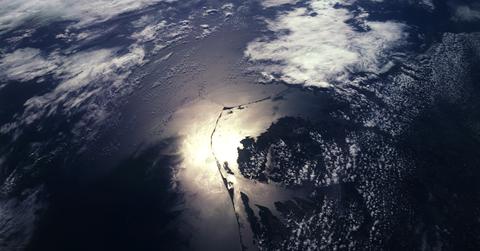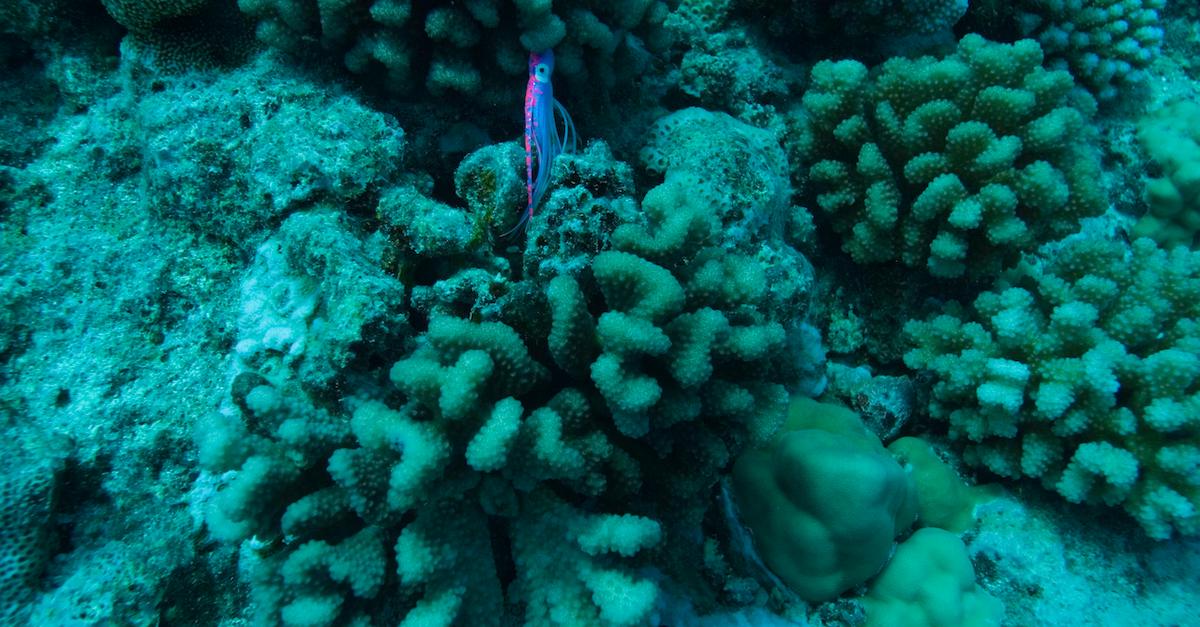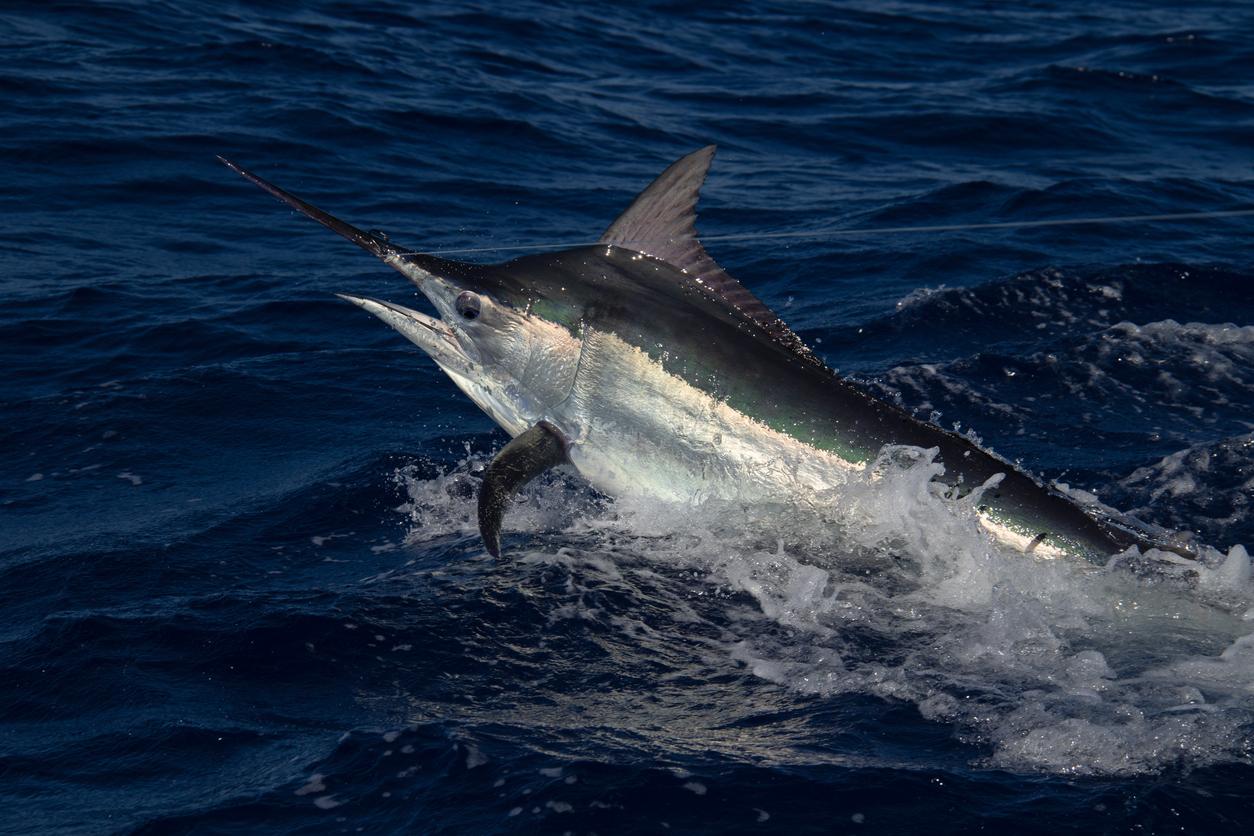The Earth's Oceans

Earth is home to five oceans, if you include the Southern Ocean aka the Antarctic Ocean, which was only recognized in 1999. As these oceans make up over 70 percent of our planet, it’s essential to know how vital they are to our world.
The ocean not only generates at least 50 percent of oxygen on Earth, but it also nourishes us and aids in managing climate. Basically, without the ocean and its functions, we would be struggling to exist.
How does the ocean fight climate change?
Much of our atmospheric carbon dioxide (CO2) is absorbed by the ocean — it is put through a carbon cycle process that sequesters much of the planet’s CO2. By reducing carbon dioxide, the ocean helps in stabilizing Earth’s oxygen levels. Additionally, ocean currents help to absorb and distribute radiation from the sun to regulate the temperature.
How does climate change hurt the ocean?
As temperatures continue to rise from climate change — resulting in issues such as increasing levels of acidity and rising sea levels — many systems within the ocean are also put at great risk.
For example, coral reefs are being affected by coral bleaching, rising sea temperatures are leading to changes in fish migrations and mating seasons, and practices such as harmful overfishing as well as excess plastic pollution have also contributed to endless underwater harm.
What would Earth be like without the ocean?
With nothing to drive the weather, there would be no rain if the ocean were to no longer exist, resulting in perpetual summers with extreme temperatures. Earth would go from a bright blue world to a severely dry brown spot. There would be no marine life to feed us, or much water to produce any vegetation.
How can we protect the ocean?
Protecting the ocean isn’t as complicated as it may sound. There is plenty that we can do right from our own home such as conserving energy, reducing overall waste, or reducing our daily water usage — all are actions we can take to make a change starting today.
Other simple solutions include limiting the use of single-use plastics and disposable products, purchasing secondhand products, and cleaning up after ourselves — and others — at the beach and anywhere outside.
You’ll find endless articles on Green Matters about how to reduce harm to our planet and oceans.
Latest The Earth's Oceans News and Updates

Sip Sustainably: These Are the 6 Best Water Bottle Brands You've Never Heard Of
Stay hydrated and healthy with a reusable water bottle by MiiR, Soma, and more conscious companies that are committed to sustainable practices.
What's the Best Reef-Safe Sunscreen? A Dermatologist Weighs In — Plus 5 Nontoxic Picks
The same sunscreen you apply daily to protect from sun damage could be doing more harm than good. Switch to these non-toxic, reef-safe sunscreens.
73% of All Coral Reefs Have Reached Temperatures to Begin Bleaching
What is coral bleaching? When coral expels algae, it turns white, but it is not dead — just severely stressed. Let's break down why coral bleaching is so bad.
Which Are the Fastest Fish in the Ocean? Learn About the Fin-Tastic Feats of These Fish
If you're in search of the fastest fish to admire, look no further. We found the quickest of the ocean's inhabitants for you to learn more about.
TikTok Viewers Are Up All Night Watching Videos of the "Treacherous" North Sea
Maybe it's the ominous music or the terrifying scenes, but one thing is for certain: people are addicted to North Sea TikTok videos. The craze has even spawned the hashtag #northseatok.